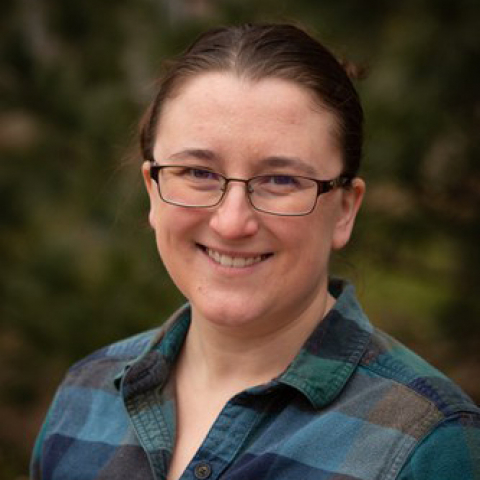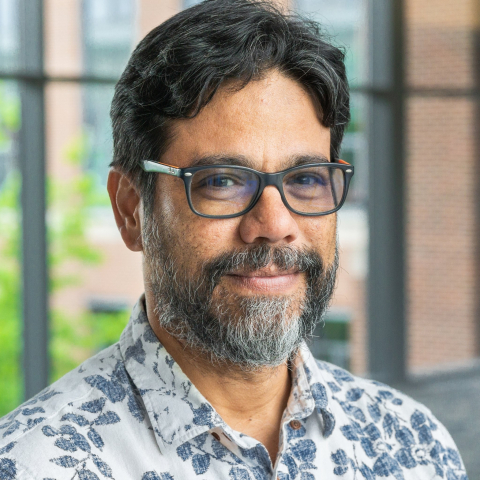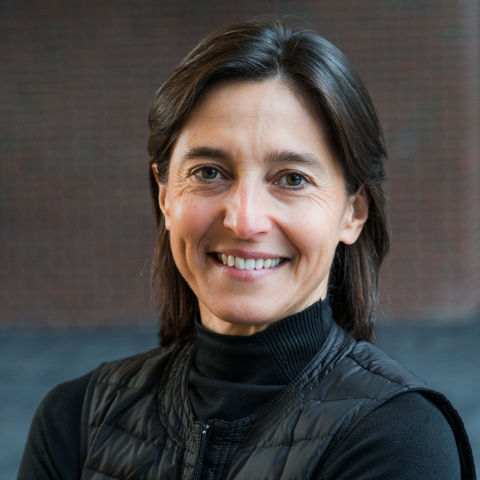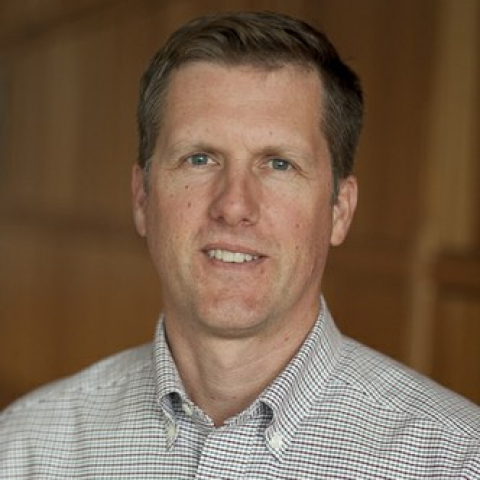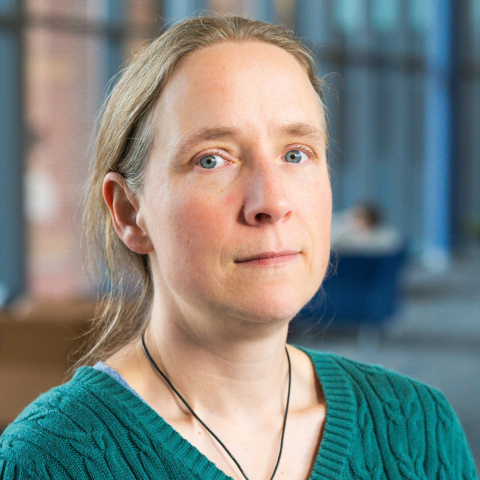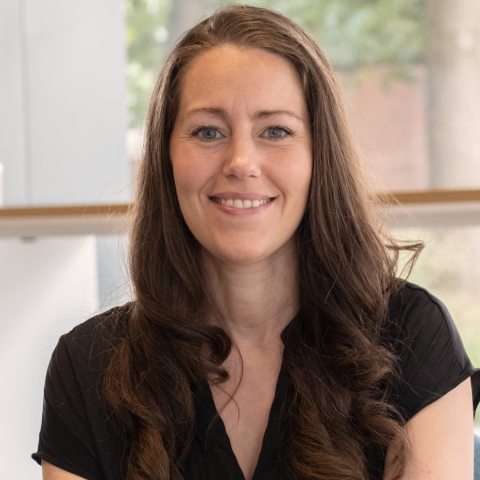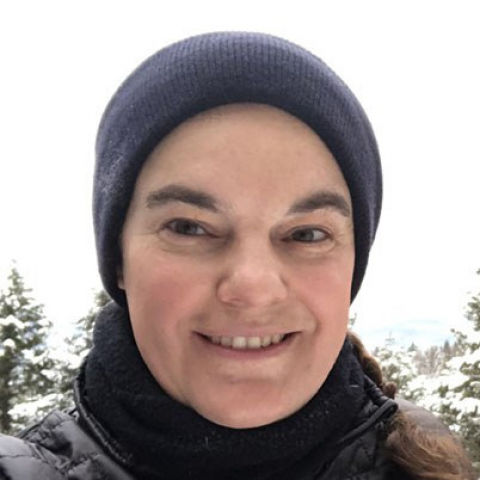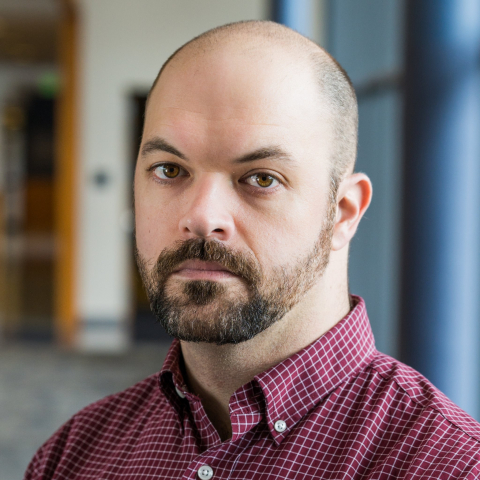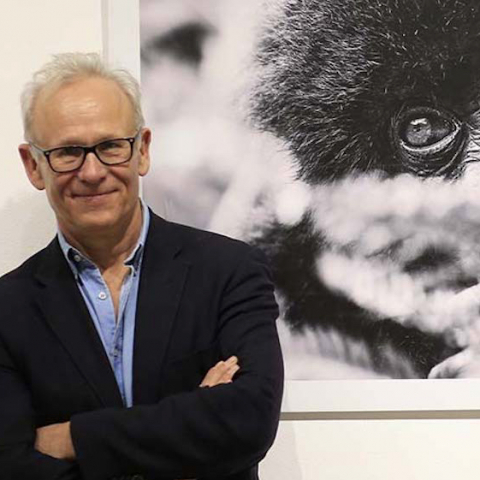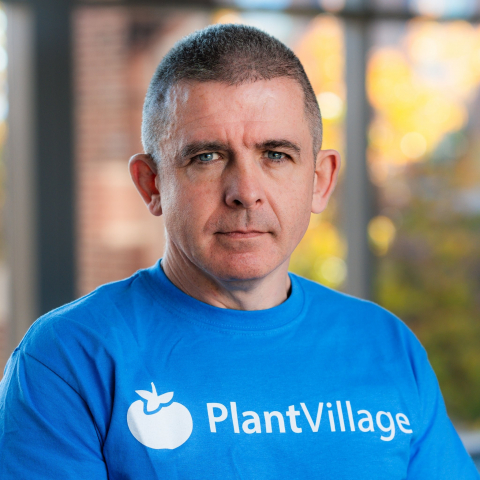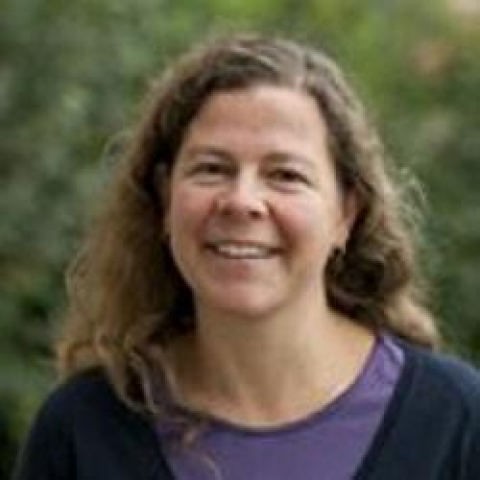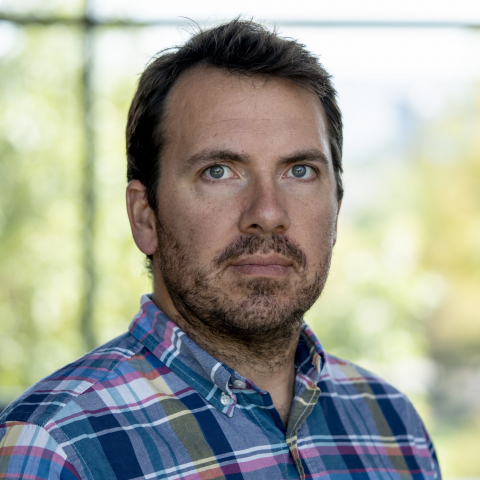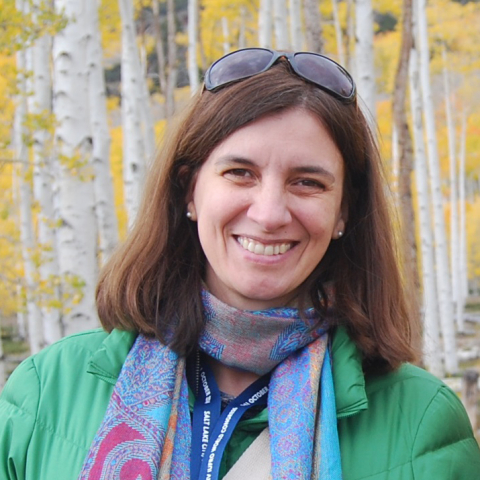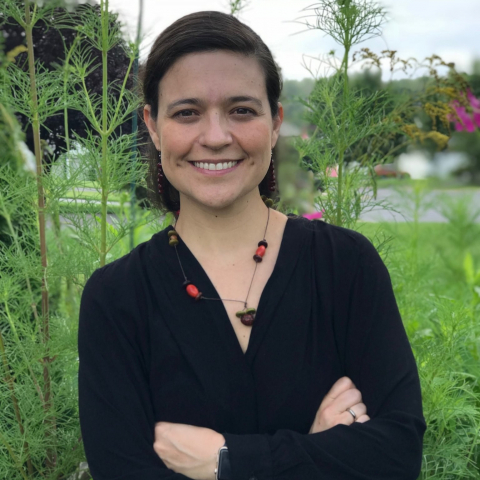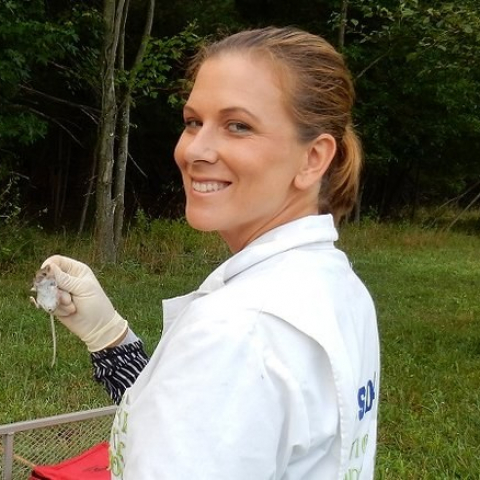People: Population And Communities Ecology
Jared Ali
Associate Chair, Intercollege Graduate Degree Program in Ecology; Director of the Center for Chemical Ecology; Associate Professor of Entomology
Behavior and chemical ecology of multi-trophic interactions, including plant responses to below-ground herbivory and nematode. Insect community ecology, chemical ecology, and coevolution. Trophic cascades, above- and below-ground interactions, chemotaxis of soil nematodes, and evolution of plant defense strategies.
Daniel Allen
Assistant Professor of Aquatic Ecology
The relationship between community structure and ecosystem processes in rivers and streams, and factors which influence this relationship across local, landscape, and regional spatial scales.
Ottar Bjornstad
Huck Chair of Epidemiology; Distinguished Professor of Entomology and Biology; Adjunct Professor in Statistics
Population ecology and population dynamics with particular emphasis on mathematical and computational aspects
Franny Buderman
Assistant Professor of Quantitative Wildlife Ecology
Quantitative ecology, with a focus on the demography, space-use, and movement of wildlife.
Isabella Cattadori
Professor of Biology
Immuno-epidemiology of co-infection, how host immunity modulates parasite interactions and transmission and how host molecular processes explain the dynamics of infection at the population level.
Duane Diefenbach
Adjunct Professor of Wildlife Ecology
Wildlife ecology, estimation of population parameters, and harvest management of game populations.
Matthew Ferrari
Director of the Center for Infectious Disease Dynamics; Huck Career Development Professor; Professor of Biology
Public Health, Quantitative Epidemiology, Population Ecology, Statistics, Computational and Mathematical Biology
Sarah Goslee
Adjunct Associate Professor of Agronomy, USDA-ARS
Landscape diversity in agricultural areas; Taxonomic and functional diversity and grassland management; Multivariate and spatial analysis for ecological data.
Heather Grab
Assistant Professor of Applied Systems Ecology
The ecological drivers of insect populations on working lands and application of those principles to reduce conflicts between wild and human systems.
Jill Hamilton
Director of the Schatz Center for Tree Molecular Genetics; Associate Professor
Genomic basis of climate adaptation, conservation, and restoration genetics.
Kevin Hockett
Huck Early Career Chair; Associate Professor of Microbial Ecology
Biological Control, Biology and Ecology of Plant-Microbe and Plant-Environment Interactions, Microbial Ecology and Population Biology Faculty
Peter Hudson
Former Director, Huck Institutes of the Life Sciences; Willaman Professor of Biology
Population dynamics of infectious diseases in wildlife and the dynamics of parasite community structure.
David Hughes
Huck Chair in Global Food Security; Professor of Entomology and of Biology
Parasite manipulation of host behavior
Margot Kaye
Professor of Forest Ecology
Vegetation dynamics; global change ecology; interactions among vegetation, climate and human land use; dendrochronology; disturbance history; environmental change.
Jason Keagy
Assistant Research Professor of Wildlife Behavioral Ecology
Cognitive ecology (with studies at genome, individual, and species levels). I am particularly interested in applications for solving wildlife management problems
Jesse Lasky
Associate Professor of Biology
Ecological and evolutionary genomics, genetic and ecophysiological basis of adaptation to environmental stress, evolutionary ecology of biological complexity.
Laura Leites
Research Professor of Quantitative Forest Ecology
Adaptation to climate in forest trees, seed movement under a changing climate, forest ecosystem modeling.
Margarita Lopez-Uribe
Associate Professor of Entomology
How environmental change and human management shape bee health and long-term persistence of their populations in agricultural areas.
Jennifer Macalady
Director of the Ecology Institute; Professor of Geosciences
Microbial interactions with earth materials: soils, sediments, solutes, atmospheric gases, minerals, and rocks. Early evolution of Earth’s biosphere, including photosynthesis and sulfur cycling. Microbial ecology, environmental omics, microbial biogeography.
Erika Machtinger
Associate Professor of Entomology
Veterinary entomology, including vector-borne diseases. Focus is on ecology and behavior associated with host-parasite interactions to improve or develop new control methods.





